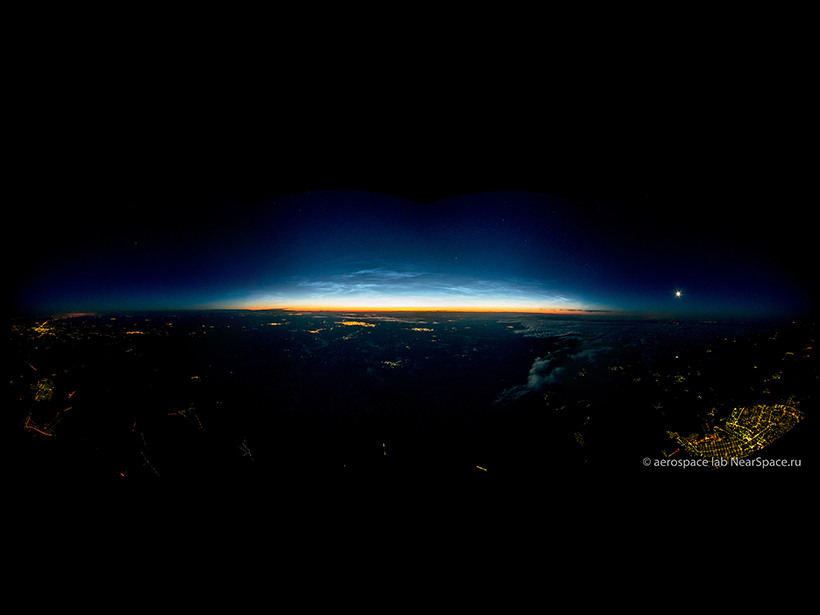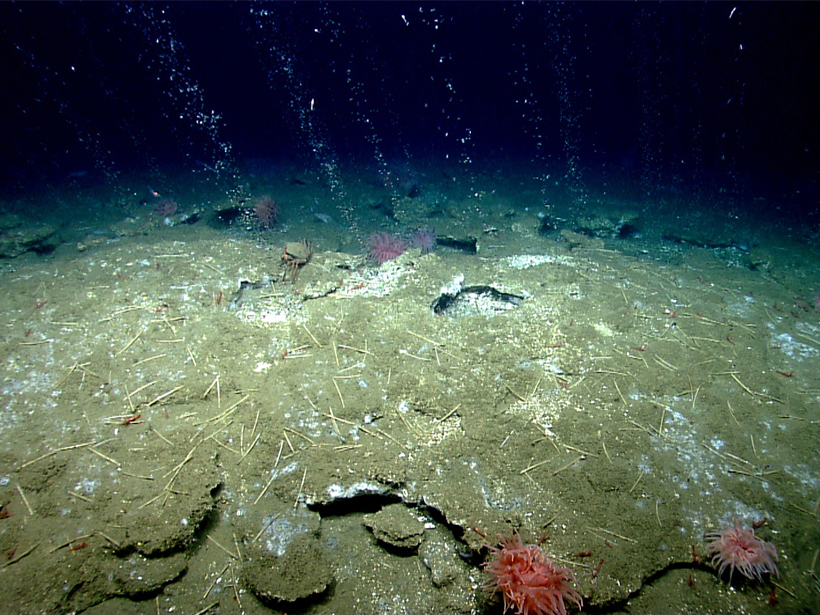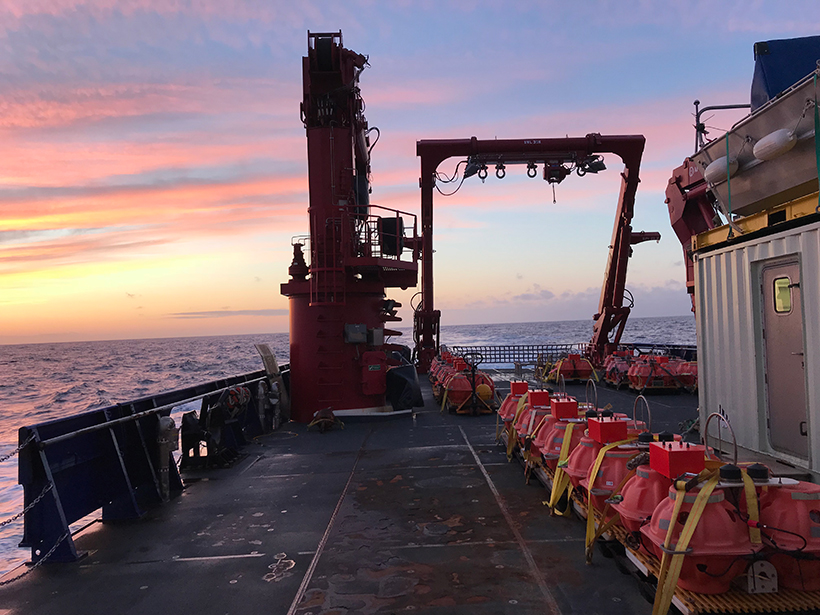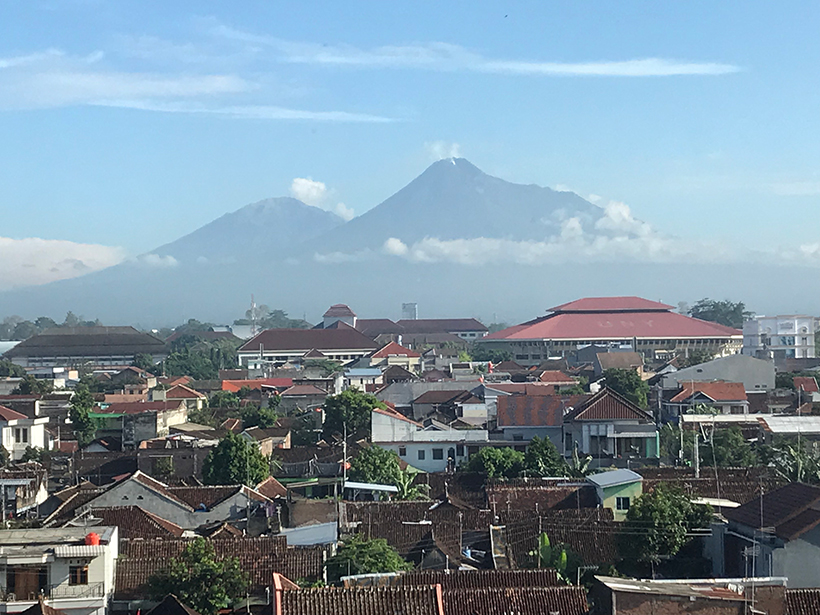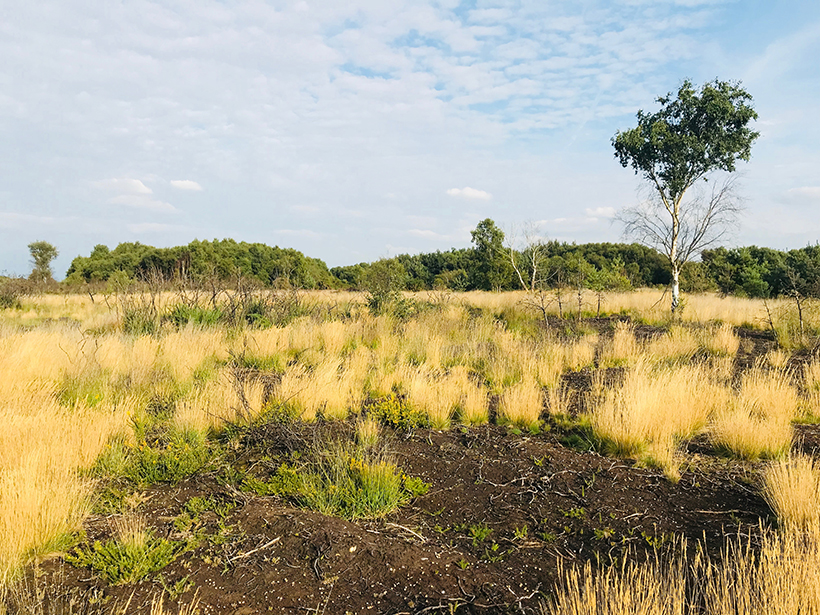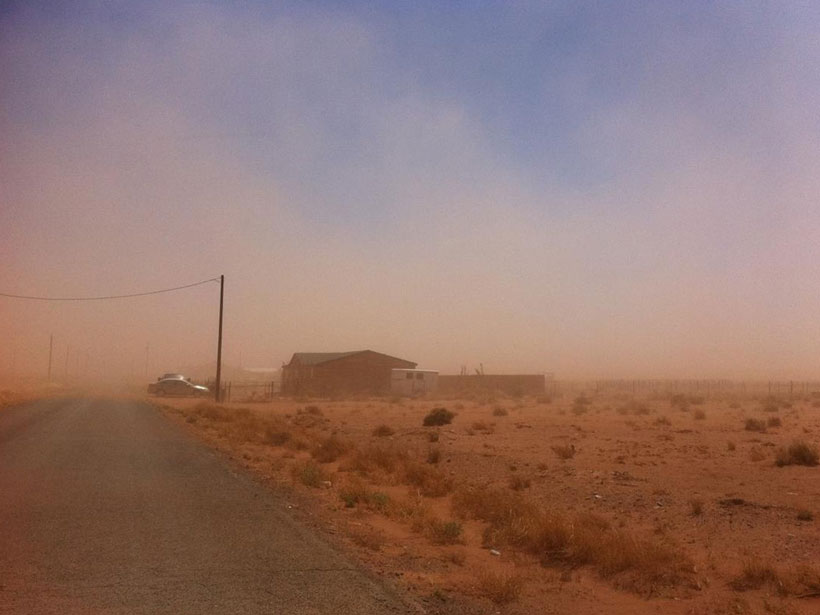A new report identifies missing support that is slowing progress in limiting and adapting to climate change. The Science for Climate Action Network aims to provide it.
Science Updates
Looking at “Night-Shining” Clouds from the Stratosphere
One research group studied noctilucent clouds at large distances from a different point of view, using cameras aboard a meteorological balloon that sailed into the stratosphere.
Compiling a Census for SEAFLEAs
Collaboration to Compile Open-Source Sites of Seafloor Fluid Expulsion Anomalies, AGU Fall Meeting 2018; Washington, D.C., 14 December 2018
Modeling Digs Beyond Soil Properties and Processes
International Soil Modeling Consortium Conference: New Perspectives on Soil Models; Wageningen, Netherlands, 5–7 November 2018
Examining Alaska’s Earthquakes on Land and Sea
The Alaska Amphibious Community Seismic Experiment is taking a close look at seismic activity along the Alaska Peninsula to understand earthquakes in this little-studied region.
Data from Past Eruptions Could Reduce Future Volcano Hazards
Optimizing the Use of Volcano Monitoring Database to Anticipate Unrest; Yogyakarta, Indonesia, 26–29 November 2018
Connecting the Southern Ocean with Clouds
ACE-DATA/Antarctic Sea-Atmosphere Interactions Data (ASAID) Workshop; 5–6 November 2018, Lausanne, Switzerland
Ancient Fires and Indigenous Knowledge Inform Fire Policies
Global Paleofire Working Group 2: Diverse Knowledge Systems for Fire Policy and Biodiversity Conservation; Egham, United Kingdom, 4–9 September 2018
Better Approaches to Managing Drought in the American Southwest
USGS Southwest Region 2018 Science Exchange Workshop: Drought Science; Fort Collins, Colorado, 25–27 September 2018
Monitoring Ecosystem Health in India’s Food Basket
A new critical zone observatory in India’s Ganga Basin helps researchers and farmers understand and improve the ways that human activities shape environmental processes.


